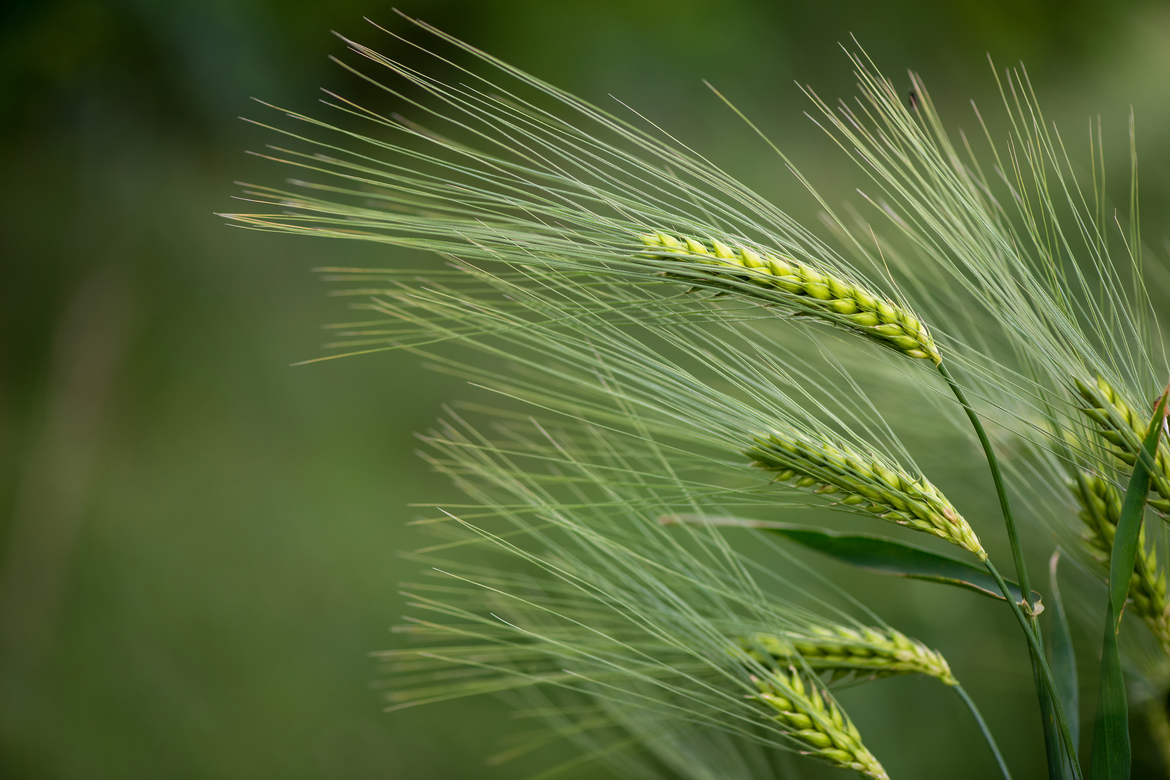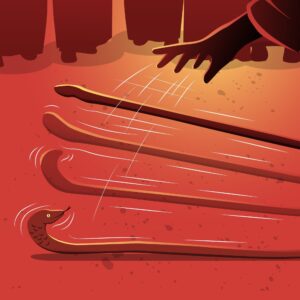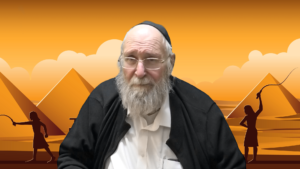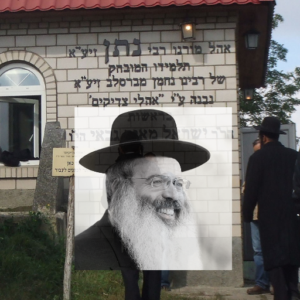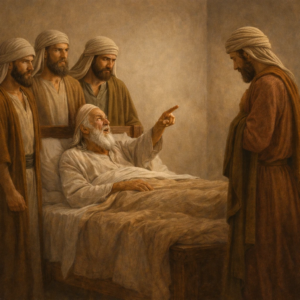The Barley Test
Aside from being part of my delicious Shabbat cholent, barley has never been a food that I find myself craving. Luckily, throughout Likutey Halakhot, Reb Noson refers to it as “animal fodder.” Even more interesting, only two Temple offerings consisted of barley: the Omer offering, which we are commanded to bring in this week’s parashah (Leviticus 23:14), and the Sotah offering (more about this soon). What do these two have in common, and why are they both so fortunate to consist of this grain?
If a husband becomes suspicious of his wife and warns her not to seclude herself with a certain man, and nevertheless she chooses to do so, she must be brought in front of the Kohen to be “investigated.” This priestly investigation involves bringing a barley meal-offering, and she is required to drink from the “bitter waters.” Through the drinking of the waters, her guilt or innocence is proven (see Numbers 5:11-31).
Now, even if she is found innocent of her husband’s major accusation, the Torah still considers her at fault for secluding herself with the other man. The description of the Sotah begins, “Any man whose wife goes astray…” (ibid. 5:12). The word tiSTeH (goes astray) has the same letters as ShoTaH (idiot). Our Sages explain that one does not sin unless a spirit of folly first enters into him or her. Someone with true reasoning could never fall to such temptation.
By secluding herself with another man, the Sotah did something born of complete folly, and this is why she must now be investigated by bringing an offering that consists of animal food. Just as animals act only according to their impulses without any higher reasoning, so has the Sotah woman acted.
The Zohar explains that just as the Sotah is tested through barley, so too, the Jewish people are tested through the barley of the Omer offering to see if they are a “woman of valor.” (Zohar, Raya Mehemna, Emor).
By bringing the Omer offering, we are identifying with the Sotah, saying, “True, we, too, have secluded ourselves with temptation and mindlessness; we, too, have sunken to very promiscuous places. However, we will prove that we are still faithful, and that we are indeed ‘women of valor.’” We then wave the Omer offering in every direction, demonstrating our faith that God is still with us and that He is everywhere – He is over us, He is next to us and He is even below us!
We are currently in the period of time when we are trying to purify ourselves from the filth of our bitter bondage and servitude in Egypt and in our personal spiritual exiles. Yes, we want to become God’s elevated and enlightened People by receiving the Torah at Sinai – but we should know that it will be a long process.
During this process, we must suffer constant setbacks, falls and shortcomings. But this is the test of our valor: Will we remain strong and determined? And this is why every day we count “the days to the Omer.” We connect each and every day to the Omer by remembering that just as the Omer was waved in every direction, so too, God is always with us and next to us. There is no reason to despair at all! Let us prove this to God and to ourselves! As the wisest of men, King Solomon, said, “A woman of valor, who can find? For her price is beyond pearls” (Proverbs 31:10).
Based on Likutey Halakhot, Hilkhot Pesach 9
- 0 comment


